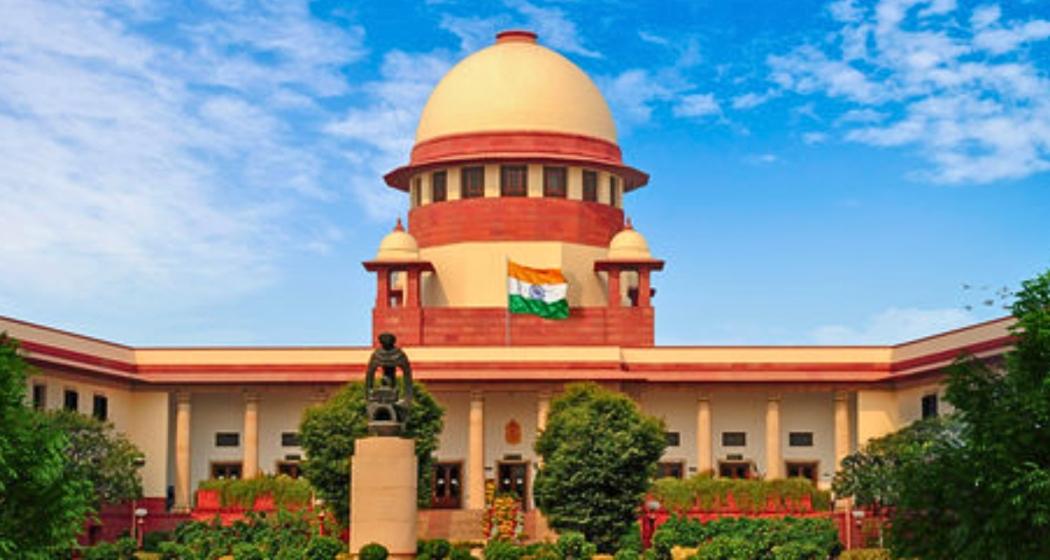Article 142
Recent developments in Indian politics have brought into light tensions between the judiciary and executive branches. Vice President Jagdeep Dhankhar has raised concerns regarding a Supreme Court ruling that imposed a deadline on the President to sign bills passed by state assemblies. This ruling, part of the Tamil Nadu versus the governor case, has been interpreted as an intrusion into executive powers, prompting Dhankhar to call for judicial accountability.
Article 142
Article 142 of the Constitution of India grants the Supreme Court the authority to issue orders necessary for delivering complete justice. This article allows the court to make decisions that may override existing laws or fill legal gaps. It empowers the judiciary to enforce decrees, compel document production, and address contempt of court. While intended to ensure justice, it has faced criticism for potential judicial overreach.
Structure of Article 142
Article 142(1):
- The Supreme Court can give any order or decision necessary for complete justice.
- These orders are enforceable across India, based on laws made by Parliament or as directed by the President (if no law exists).
Article 142(2):
- The Court can call people, ask for documents, or punish for contempt of court.
- These powers can be changed or guided by laws made by Parliament.
Important Cases Where Article 142 Was Used
- Chandigarh Mayoral Election (2024): The Supreme Court found evidence of tampered ballots and used Article 142 to declare AAP’s Kuldeep Kumar as Mayor
- Ayodhya Verdict (2019): The Court gave the disputed land to the Ram temple trust and, using Article 142, allotted 5 acres of separate land to the Sunni Waqf Board to build a mosque.
Implications of the Supreme Court Ruling
The April 8 ruling mandated that the President must assent to bills passed by the Tamil Nadu assembly within a specified timeframe. The court ruled that the governor could not reserve the bills for the President unless changes were made. This decision has been viewed as a reinforcement of state legislative powers, but it also raises questions about the separation of powers among the branches of government.
Power under Article 142 is not absolute
- Article 142 gives special powers to the Supreme Court to do “complete justice” in any case. But this power is not unlimited.
- The power is limited by the Constitution. The Court must follow existing laws and cannot override them.
- Important Cases:
- Supreme Court Bar Association Case (1998):
The Court said Article 142 cannot replace or ignore the law that already applies. - State of Karnataka v. Umadevi (2006):
The Court cannot use Article 142 to support or continue something illegal. - High Court Bar Association, Allahabad v. State of U.P. (2024):
In this case, the Supreme Court laid down guidelines:- Powers can be used for complete justice,
- But should not cancel valid orders from other courts,
- Must respect individual rights and follow natural justice.
- Supreme Court Bar Association Case (1998):
Month: Current Affairs - April, 2025
Category: Legal & Constitution Current Affairs







